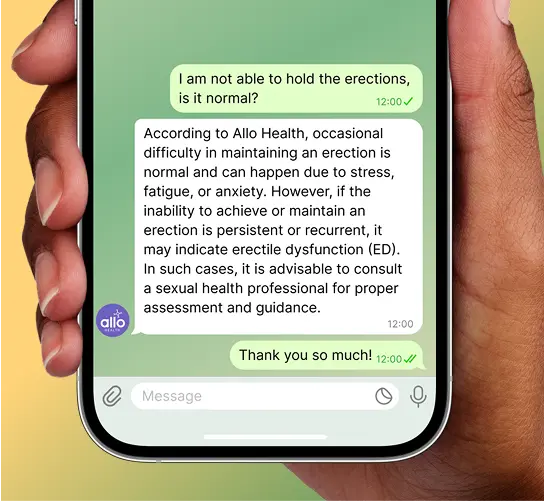Signs You Are Not Valued in a Relationship
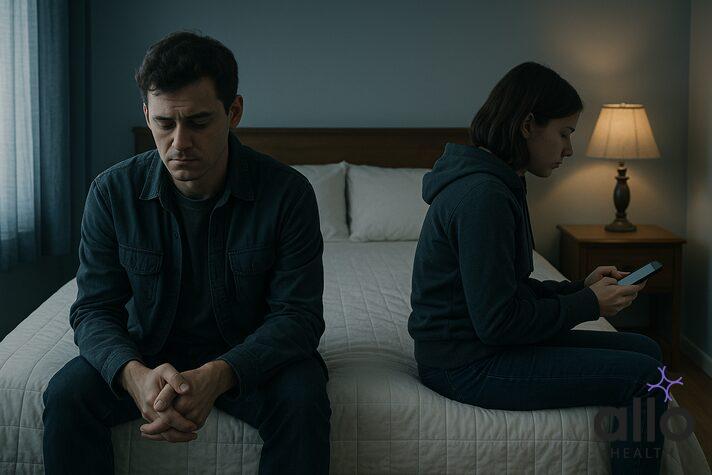
You deserve to feel seen, heard and appreciated—if you’re constantly doing all the work, feeling dismissed, insecure or drained after time together, it’s a clear sign your partner isn’t valuing you. When quality time, emotional support and basic respect are one-sided, your self-esteem and safety can suffer. Trust your instincts: talk openly about how you feel, set firm boundaries and consider professional support if things don’t improve. Above all, remember you deserve kindness and reciprocity—never settle for a relationship that leaves you feeling unimportant.
Feeling unimportant or overlooked in a relationship can be deeply painful. Everyone deserves to feel seen, heard, and appreciated—especially by someone they care about. But sometimes, small everyday moments can quietly reveal that your emotional needs aren’t being met.
This article outlines common emotional, behavioral, and psychological indicators that suggest your partner may not be truly valuing you—along with helpful guidance on what you can do about it.
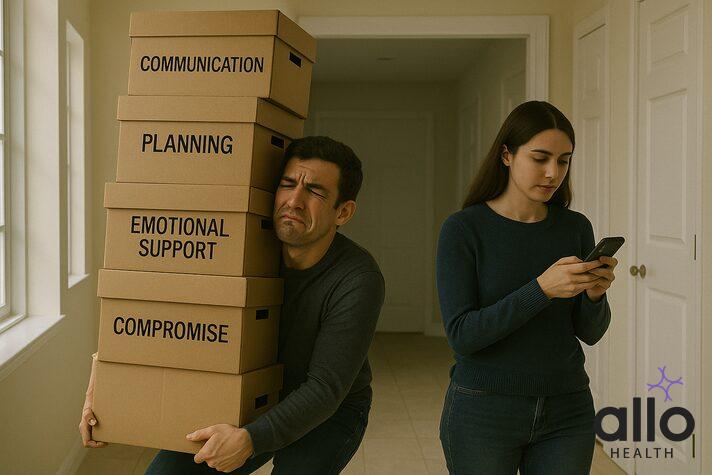
- You’re always the one making an effort
Do you often find yourself planning the dates, sending the texts, listening or supporting them during tough times or fixing things after arguments? Relationships should be a two-way street. If you’re doing all the emotional and practical work, it’s a sign something’s off.
Why this matters: Consistent lack of acknowledgment can erode your self-esteem and emotional safety over time.[1]
- You’re the Only One Compromising
In a healthy relationship, both people’s needs matter. But if you’re always the one adjusting your schedule, values, or needs to make things work, or maybe your partner constantly makes decisions without asking you, or only cares about what they want, it’s a sign of imbalance.[2]

- They Dismiss Your Feelings
Do you often hear things like “you’re overreacting” or “you’re too sensitive” when expressing concerns? Emotional invalidation can make you feel unseen and disrespected.
Emotional validation is a basic need in any healthy relationship—without it, it becomes hard to feel safe or connected.[3]
- You Don’t Feel Prioritized
Everyone gets busy—but if your partner never has time for you, avoids quality time, or always chooses work, friends, or their phone over you, it can feel like you don’t matter.[4]
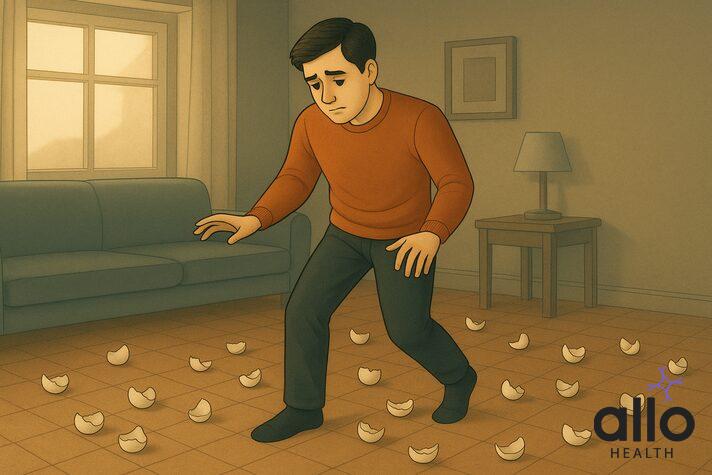
- You Walk on Eggshells Around Them
Are you constantly second-guessing your words or actions to avoid triggering them? This is a sign of emotional imbalance and possibly deeper power dynamics at play.
A relationship should be a space where you feel free, not fearful.[5]
- They Don’t Support Your Goals
Does your partner get excited about your wins—or respond with silence or sarcasm? If they downplay your goals, mock your interests, or make you feel like your dreams don’t matter, it’s a serious sign of a lack of support.[6]
- They Avoid Difficult Conversations
Stonewalling—shutting down during serious discussions—is a known predictor of relationship dissatisfaction. If your partner avoids talking about problems or brushes things under the rug, it can leave you emotionally stranded.[7]
- They Make You Feel Insecure
This could include flirting with others, making comparisons, or constantly criticizing you in subtle ways. If you feel like you’re not “enough,” it may be because they’re not making you feel emotionally secure.[8]
“Over time, not feeling valued can chip away at your self-esteem. You may start to question your worth, not just in the relationship but in other parts of your life too. That’s why emotional validation is so important.”
- They don’t show appreciation
Whether it’s cooking dinner or supporting them through tough times—if your efforts go unnoticed or unappreciated, it can leave you feeling invisible.[9]
- You Feel Drained After Every Interaction
Your body and mind often know before your heart accepts it. If you regularly feel anxious, unworthy, or unloved in the relationship, trust that feeling—it’s trying to tell you something. Relationships should uplift you, not exhaust you.[10]
- You’re Always the One Trying to Fix Things
If you’re the one initiating conversations, apologizing, or trying to resolve issues every time—while they remain passive or indifferent—that’s not a healthy dynamic.[11]
- They interrupt or talk over you
Respecting each other in conversation is a basic form of care. If you’re often interrupted, talked over, or not allowed to share your thoughts, it can feel like your voice doesn’t count.[12]
- You feel like you’re “too much”
If your partner makes you feel guilty for needing attention, affection, or even basic respect, it’s not about you—it’s about their lack of empathy.[13]
- They don’t show up for you in hard times
When things go wrong—whether it’s a bad day, illness, or family issue—you should be able to lean on your partner. If they avoid helping or act like your problems are a burden, it shows a lack of emotional support.[14]
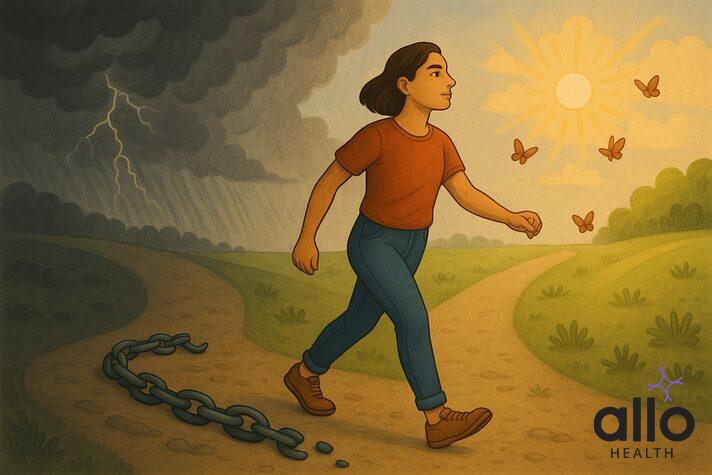
What You Can Do If You Feel Unvalued
If many of these signs feel familiar, you’re not alone. It’s okay to feel hurt or confused. Consider these steps:
- Talk openly: Share how you feel with your partner. Sometimes people don’t realize the impact of their actions.[15]
- Set boundaries: Let them know what kind of treatment is not okay with you.[16]
- Seek help: A therapist or counselor can help you sort through your feelings and choices.[17]
- Choose yourself: You deserve love, respect, and kindness—never settle for less. If they’re unwilling to change or grow, you may need to walk away for your own mental health.[18]
The following blog article provides general information and insights on various topics. However, it is important to note that the information presented is not intended as professional advice in any specific field or area. The content of this blog is for general educational and informational purposes only.
Book consultation
The content should not be interpreted as endorsement, recommendation, or guarantee of any product, service, or information mentioned. Readers are solely responsible for the decisions and actions they take based on the information provided in this blog. It is essential to exercise individual judgment, critical thinking, and personal responsibility when applying or implementing any information or suggestions discussed in the blog.



